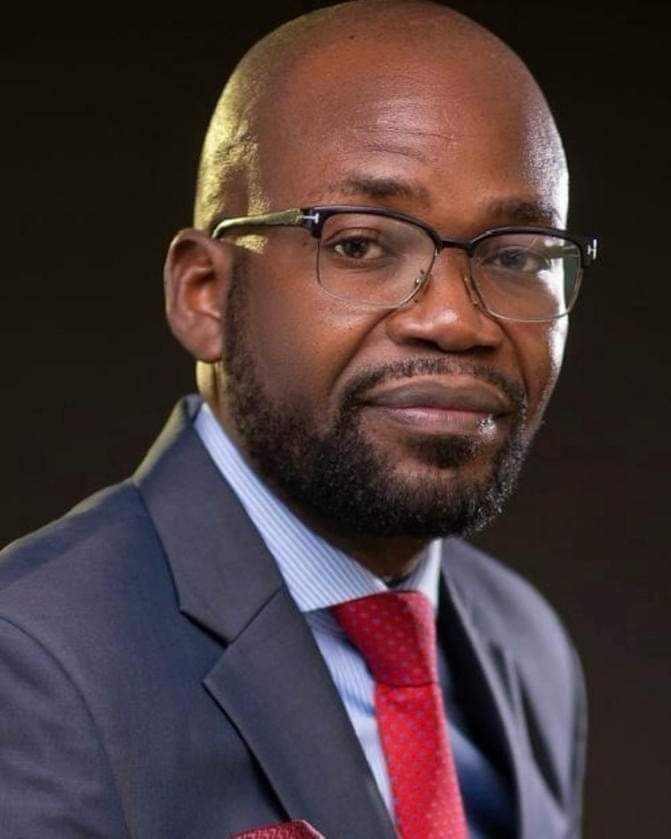By Twink Jones Gadama
A staggering 89% of Malawians believe their country is on the wrong path, according to a recent Afrobarometer survey.
The report, titled “African Insights 2024: Democracy at Risk, the People’s Perspective,” reveals widespread discontent with the government’s handling of corruption, economic management, and political shortcomings.
The survey found that corruption is perceived as a significant obstacle to Malawi’s progress, with 80% of respondents believing that ordinary people who commit crimes are punished, while 66% think corruption is increasing.
A alarming 37% of Malawians believe most or all officials in the Presidency are corrupt.
The report also highlights a decline in democratic support, from 78% in 2011 to 58% in 2024.
This downward trend is attributed to the government’s failure to address corruption and ensure accountability.
Boniface Dulani, associate professor of political science at the University of Malawi, notes that there is a growing demand for accountable governance, citing examples of youth-led movements in Kenya and elsewhere calling for an end to corruption and greater democratic norms.

Governance advocate Charles Kajoloweka lamented that the fight against corruption remains rhetorical, while poverty continues to worsen.
He urged the government to demonstrate commitment to implementing Malawi2063, a development blueprint aimed at growing the economy and creating wealth.
Accountability pundit Willy Kambwandira expressed frustration over the discontinuation of grand corruption cases and the perceived impunity of those connected to the corridors of power.
Human Rights Defenders Coalition chairperson Gift Trapence concurred, stating that governments have lacked political commitment to stamp out corruption.
In response, Minister of Information and Digitisation Moses Kunkuyu acknowledged the findings, attributing them to people’s perceptions driven by needs, interests, and expectations.
He emphasized the government’s commitment to fighting corruption and highlighted initiatives like commercializing agriculture, regulating mining, and promoting tourism to boost economic growth.
The Afrobarometer report serves as a wake-up call for Malawi’s leadership to address the pressing concerns of its citizens.
As the country grapples with corruption, economic hardship, and political disillusionment, it is clear that urgent action is needed to restore trust in government and ensure a brighter future for all Malawians.


